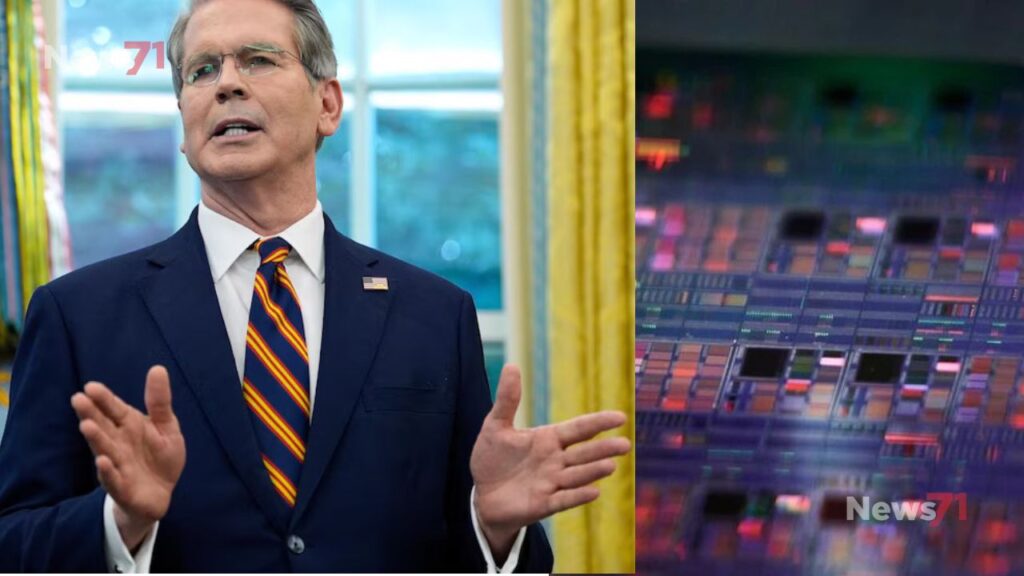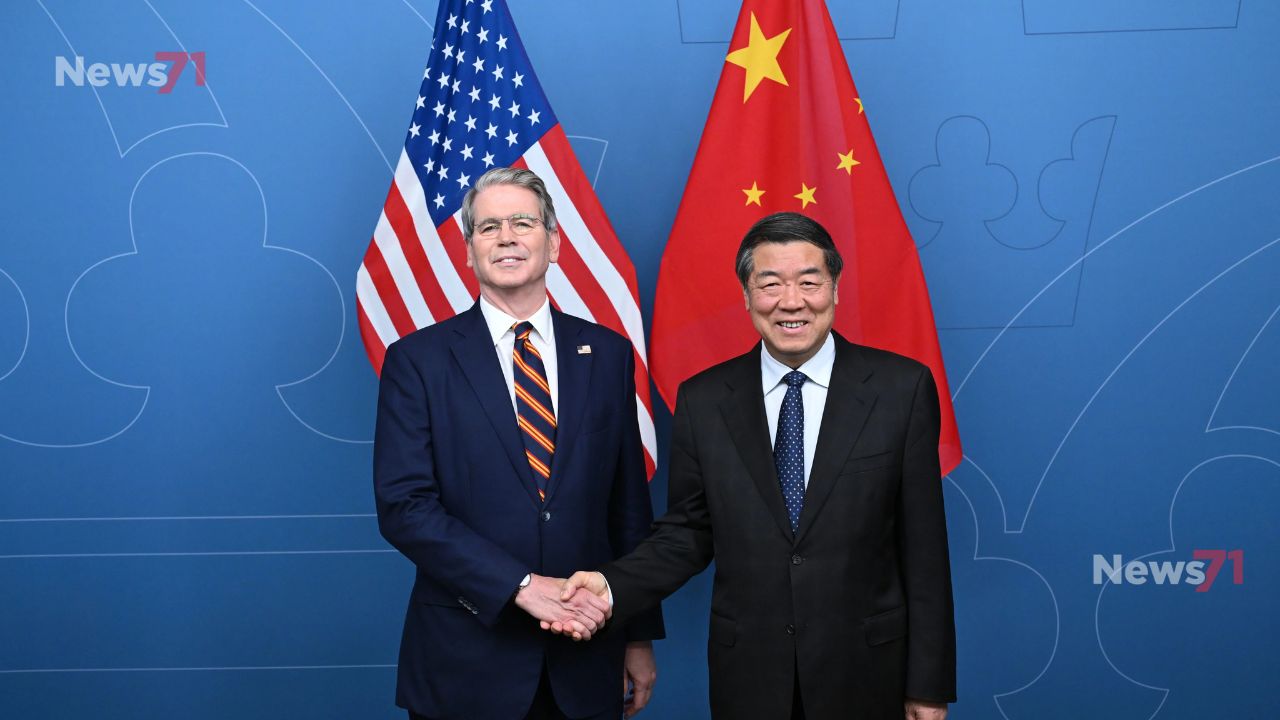TAIPEI, Taiwan — Ahead of upcoming trade discussions in Spain, China has initiated two investigations into the U.S. semiconductor sector, intensifying scrutiny over trade practices and national security concerns. The probes come as high-level talks between the two countries are scheduled this week to address trade issues and the regulation of platforms such as TikTok.
China’s Ministry of Commerce announced an anti-dumping investigation targeting specific analog IC chips imported from the U.S. The probe focuses on commodity interface IC chips and gate driver IC chips, categories widely produced by companies including Texas Instruments and ON Semiconductor. At the same time, the ministry launched a separate anti-discrimination investigation addressing U.S. policies against China’s domestic chip industry.
These investigations reflect Beijing’s response to U.S. restrictions, including export curbs and tariffs, which China argues are designed to suppress its high-tech development, particularly in advanced semiconductors and artificial intelligence. A spokesperson for the Chinese Ministry of Commerce stated that U.S. measures “constitute the containment and suppression of China’s development of high-tech industries,” signaling Beijing’s growing frustration over foreign restrictions.
The investigations also follow recent U.S. actions to tighten control over Chinese technology firms. On Friday, the U.S. added 23 Chinese companies to an “entity list,” imposing restrictions on businesses accused of threatening U.S. national security or foreign policy interests. Among these were two firms alleged to have procured chipmaking equipment for SMIC, China’s largest semiconductor manufacturer.
https://news71.org/Amid these tensions, U.S. Treasury Secretary Scott Bessent is scheduled to meet Chinese Vice Premier He Lifeng in Madrid from Sunday through Wednesday. The discussions aim to reduce trade friction, stabilize economic relations, and prevent further escalation, including the imposition of additional tariffs on bilateral goods.
This latest round of talks in Madrid follows a series of prior negotiations. U.S. and Chinese officials met in Geneva in May, London in June, and Stockholm in July. Throughout these discussions, both nations have agreed to several temporary pauses on escalating tariffs, seeking to avoid a full-blown trade conflict.

China probes U.S. chip trade practices ahead of Madrid talks
During the Stockholm talks, Bessent described the sessions as very fulsome, emphasizing the focus on strategic sectors. We just need to de-risk with certain industries, whether it’s rare earths, semiconductors, or medicines, and explore what we can do together to achieve balance in the relationship, he said.
Historically, U.S. administrations have restricted China’s access to advanced semiconductors and chipmaking equipment over national security concerns. Former President Joe Biden and his predecessor, Donald Trump, implemented measures to curb China’s technological advancements. While Washington cites security risks, China views these actions as an effort to limit its growth in key high-tech sectors.
The timing of China’s anti-dumping and anti-discrimination probes underscores the growing strategic importance of the semiconductor industry in the U.S.-China relationship. With negotiations underway, both nations face pressure to manage disputes while safeguarding critical technological capabilities. Analysts suggest that the outcome of these talks could influence not only trade policies but also the global semiconductor supply chain.
As the Madrid meetings approach, both sides appear committed to dialogue, but tensions remain over tariffs, export restrictions, and the classification of certain industries as sensitive. The results of these discussions may set the tone for U.S.-China trade relations in the coming months, particularly in high-tech sectors that are increasingly viewed as vital to national security and economic competitiveness.
Also Read Now: Australia Approves First Koala Vaccine to Fight Chlamydia






